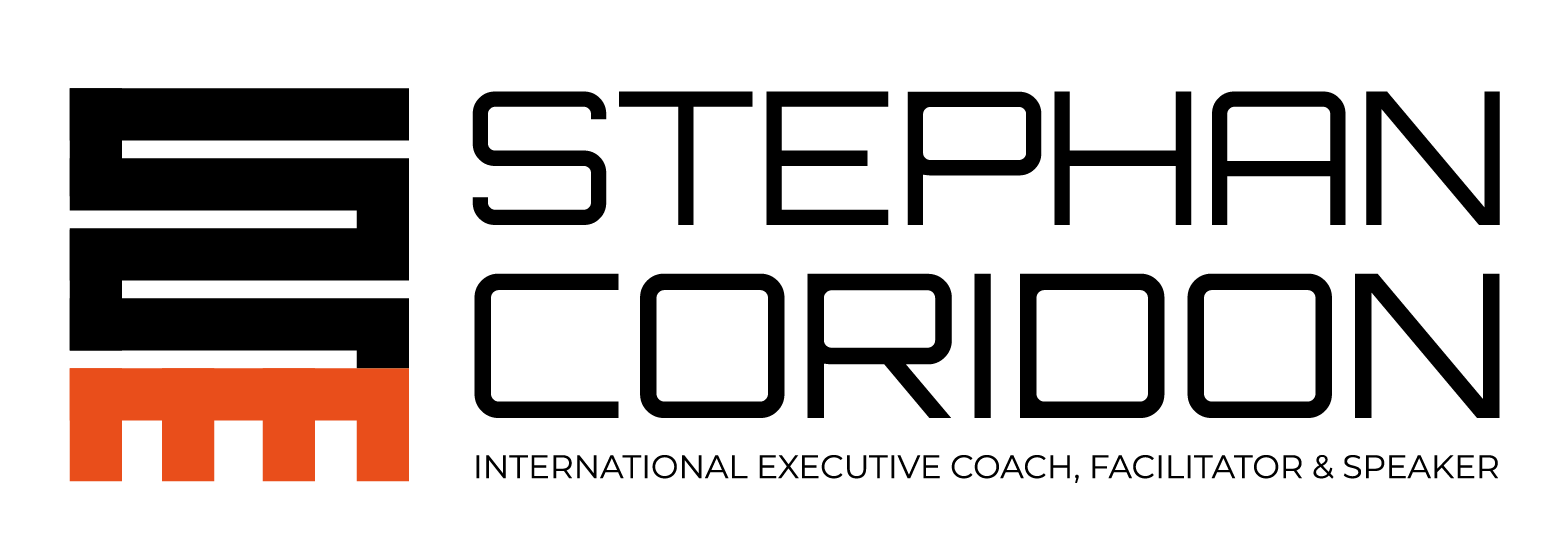Leadership in Africa, traditionally viewed as a position of power, authority, and influence, is at a critical juncture. The continent’s evolution demands a corresponding transformation in its leaders. The urgency of the behavioural changes required to shift leadership from a positional concept to one of influence and service cannot be overstated. Understanding the dynamics of these changes is akin to deciphering the engines that drive progress and the anchors that hold leaders back.
The Engines of Behavioral Change
1. Vision with Purpose: The Forward Drive
In many African contexts, leadership is often synonymous with stewardship. Leaders who excel are those who understand that their role is to serve a higher purpose that goes beyond personal gain. The engine of vision with purpose is what propels leaders forward. It is not just about having a grand idea but also about aligning this vision with the collective aspirations of the people they lead.
A leader who is driven by a vision rooted in purpose acts as a catalyst for change. In Africa, where communities often look to leaders for direction, this purpose-driven approach can ignite the motivation for behavioural change. When leaders articulate a clear vision that resonates with their communities’ cultural and developmental goals, they inspire those around them to adopt new behaviours that align with this shared vision.
2. Continuous Learning and Adaptability: The Engine of Growth
Africa’s leadership landscape is dynamic, with rapid economic, political, and social changes. Learning and adapting are crucial for any leader seeking to remain relevant and practical. This continuous learning engine propels leaders to seek knowledge, understand new trends, and apply innovative solutions to their challenges.
Adaptability is essential in Africa, where diverse cultures and varying levels of development require leaders to be flexible and responsive. Leaders who commit to lifelong learning and adapt their behaviours to the changing environment are better positioned to lead with empathy and effectiveness.
3. Building Trust and Collaboration: The Power of Collective Movement
In many African societies, leadership is most effective when it is inclusive and collaborative. The engine of trust and collaboration is not just a tool, but a powerful force that can create a culture where leaders and their teams move together towards common goals. Trust is the foundation upon which collaboration is built, and it is through collaborative efforts that leaders can achieve lasting behavioural change.
African leaders who prioritize trust-building and foster collaborative environments often succeed in driving behavioural change within their organizations and communities. This collaborative approach empowers others and creates a sense of ownership and accountability that is critical for sustainable change.
The Anchors of Behavioral Change
1. Positional Mindset: The Anchor of Stagnation
The entrenched positional mindset is one of Africa’s most significant barriers to leadership behavioural change. Leaders who see their roles as mere titles rather than opportunities to serve are often anchored in behaviours that resist change. This mindset can lead to a reluctance to delegate, a fear of losing authority, and an aversion to new ideas.
To overcome this anchor, African leaders must shift from a positional to a transformational mindset. This shift is not just a change in perspective, but a fundamental redefinition of leadership. It means seeing leadership as a dynamic process of influence rather than a static position of power. When leaders let go of the need to control and instead focus on empowering others, they unlock the potential for widespread behavioural change.
2. Resistance to Change: The Weight of Tradition
Africa’s rich cultural heritage is both a source of pride and a potential anchor that can hinder progress. While tradition is vital in maintaining social cohesion, it can also create resistance to change. Leaders who are overly anchored in traditional ways may find it challenging to adopt new behaviours that are necessary for modern leadership.
Addressing this anchor requires a delicate balance. African leaders must honour and respect their cultural traditions while being open to change. This can be achieved by framing new behaviours that align with cultural values, thus ensuring that change is seen as an evolution rather than a rejection of tradition.
3. Lack of Accountability: The Anchor of Impunity
In some parts of Africa, the absence of robust accountability mechanisms has led to a leadership culture where impunity is tolerated. This lack of accountability is a significant anchor that prevents adopting new, positive behaviours. Leaders not held accountable for their actions are less likely to embrace the changes needed to lead effectively.
To counteract the anchor of lack of accountability, it is crucial to establish and enforce accountability structures. African leaders must lead by example, demonstrating that accountability is not just a buzzword but a fundamental principle of effective leadership. By doing so, they set the standard for others to follow, creating a culture where behavioural change is not only encouraged but expected.
Leading the Way Forward
Leadership in Africa is at a crossroads. The engines of vision, adaptability, and collaboration offer a path forward, driving the behavioural changes necessary for leaders to thrive in an increasingly complex world. However, the anchors of positional mindset, resistance to change, and lack of accountability must be addressed if this progress is to be sustained.
As Africa continues to rise, its leaders must increase with it—transforming from positional authority figures into visionary architects of the continent’s future. By understanding and harnessing the engines of change while overcoming the anchors of stagnation, African leaders can build a legacy that uplifts their communities and sets a new standard for leadership excellence across the globe.
This transformation is not merely about changing behaviours but redefining leadership itself. The journey is challenging, but the destination—a thriving, empowered Africa led by visionary leaders—is well worth the effort.

Stephan Coridon is an international Leadership & Team coach and a catalyst for meaningful, resilient leadership globally. He focuses on empowering African leaders and fosters leadership that transcends individual success and contributes to societal growth.

